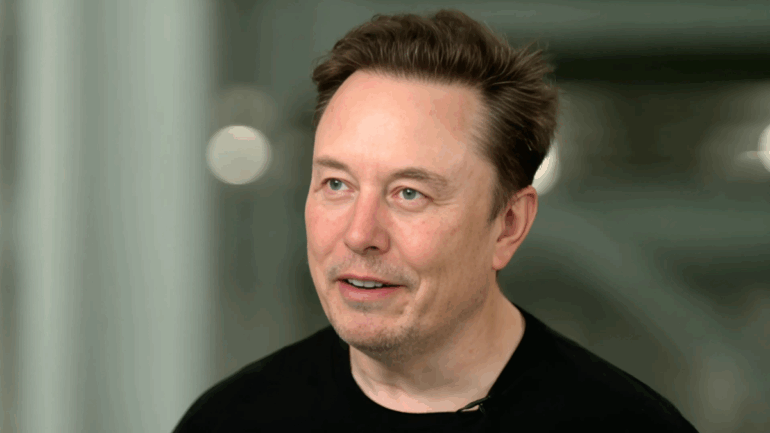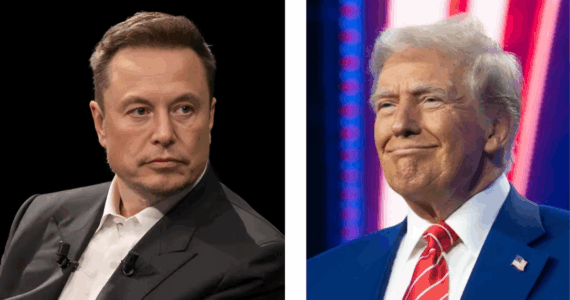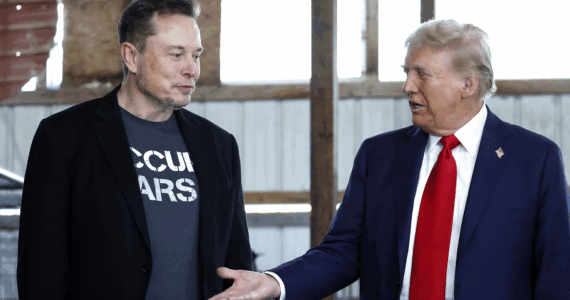Elon Musk’s 130-day tenure as the head of the Department of Government Efficiency (DOGE) under President Donald Trump was marked by ambitious goals, dramatic actions, and significant controversy. Appointed as a special government employee, Musk aimed to overhaul federal spending and bureaucracy. However, the outcomes of his initiatives have sparked debate over their effectiveness and impact.
Ambitious Goals and Controversial Methods
Musk set out with the objective of cutting at least $2 trillion from the federal budget, later adjusting this target to $1 trillion, and eventually to $150 billion. DOGE claimed savings of $160 billion through measures such as asset sales, contract terminations, and workforce reductions. Notably, approximately 260,000 federal employees were laid off or accepted buyouts during his tenure.
Despite these claims, analyses have raised concerns about the actual effectiveness of these cuts. Some reports suggest that the cost of lost productivity, legal challenges, and service disruptions may have offset the purported savings, potentially resulting in a net loss of up to $135 billion.
Legal Challenges and Ethical Concerns
Musk’s aggressive approach led to legal scrutiny. His actions, including mass firings and agency overhauls, prompted lawsuits questioning the legality of his authority and the constitutionality of DOGE’s operations. Critics argued that his role lacked proper Senate confirmation, raising concerns about violations of the Appointments Clause.
Additionally, Musk’s dual role as a government advisor and CEO of companies with significant federal contracts, such as Tesla and SpaceX, led to allegations of conflicts of interest. While Elon Musk defended his actions as necessary for efficiency, detractors viewed them as self-serving and detrimental to public services.
Public Perception and Departure
Public opinion on Musk’s tenure was divided. Supporters praised his efforts to streamline government operations, while critics highlighted the negative consequences of his policies. His departure coincided with disagreements over a GOP spending bill, which Musk criticized for undermining DOGE’s objectives.
Despite stepping down, Musk expressed confidence that DOGE’s mission would continue to influence government efficiency efforts. However, the lasting impact of his tenure remains a subject of debate, with questions about the balance between cost-cutting and the preservation of essential services.
Conclusion
Elon Musk’s stint in the White House was characterized by bold initiatives aimed at reducing government spending and bureaucracy. While he achieved some of his objectives, the methods and consequences of his actions have led to significant controversy. The true legacy of his tenure will depend on the long-term effects of his policies and the ongoing discourse about the role of efficiency in government operations.
Follow MEFeater on Twitter, Instagram, Facebook, and Pinterest for more news and updates.










